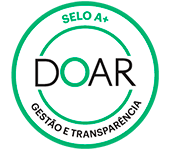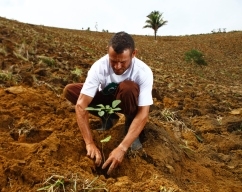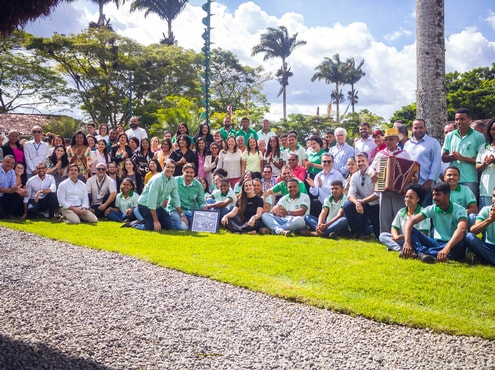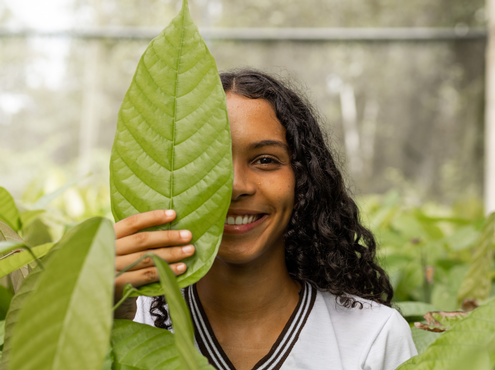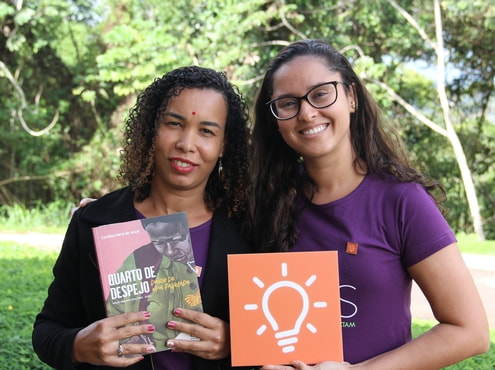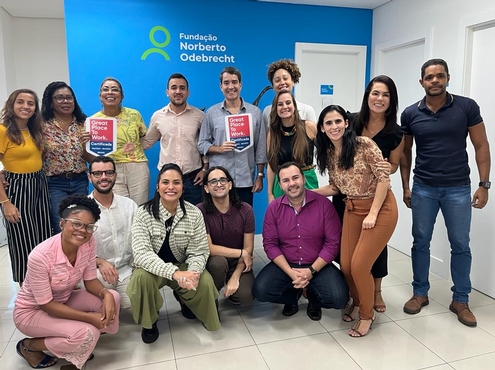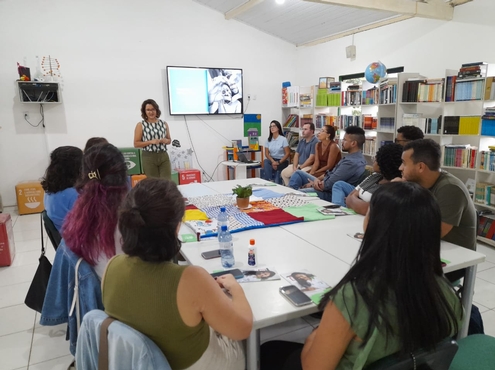Celebrate the World Environment Day
The United Nations elected 2013 the International Year of Water Cooperation, as a way of allowing for reflection on the importance of this natural resource. In the Bahia Southern Lowlands, farmers also share this concern
5 de June de 2013


